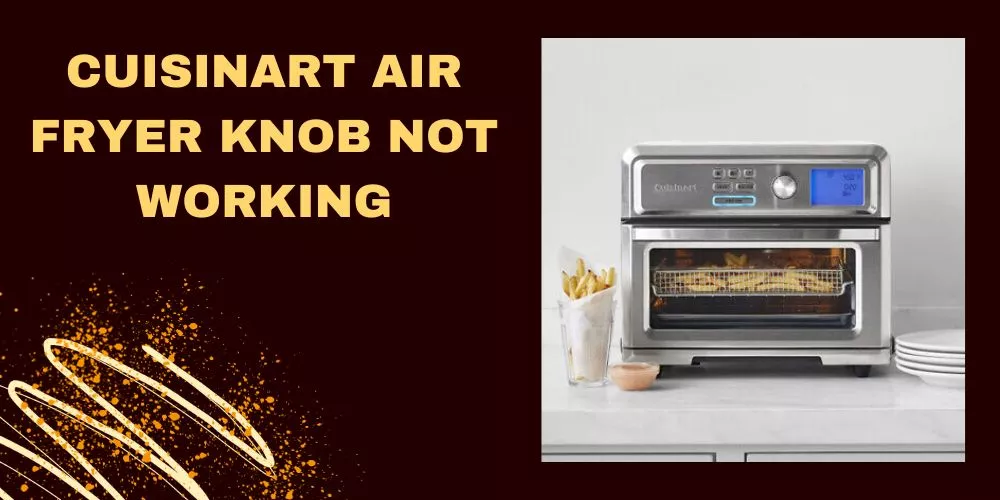When choosing materials for countertops, traditional options have often dominated the conversation.
However, with the dawn of creative and cost-effective solutions, it’s time to venture into lesser-explored domains. Vinyl flooring, a versatile material praised for its practicality and gorgeous aesthetics, has recently gained some spotlight.
But, can you use vinyl flooring on countertops?
This article explores this question in detail, in fact we’ll evaluate its benefits and drawbacks and examine if it can be a game-changer in countertop material choices.

Can You Use Vinyl Flooring on Countertops?
Yes, you can use vinyl flooring on countertops, but with some considerations. While not a traditional countertop material, vinyl flooring offers a budget-friendly, DIY approach for a countertop makeover.
Its versatility, aesthetic appeal, and durability make it a potential option.
However, it’s crucial to remember that vinyl flooring is not heat-resistant and can be susceptible to cuts and scratches. Using a high-quality, water-resistant, thick vinyl product for countertops and heavy use is important.
Additionally, properly sealing the edges and seams will protect your countertop from water damage.
Overall, vinyl flooring can be suitable for countertops with light-to-medium use and proper care. It’s crucial to weigh the benefits against the possible drawbacks, like maintenance and durability concerns, depending on your specific needs and expectations for your space.
Can you use peel and stick vinyl flooring on countertops?
Yes, peel and stick vinyl flooring can be used on countertops, offering a cost-effective and stylish alternative to traditional countertop materials.
These vinyl tiles are simple to install—cut to size, peel off the backing, and adhere to a clean, smooth surface. This flexibility allows for a swift remodeling process and a customized aesthetic based on your preference.

However, it’s imperative to consider the practicality. Peel and stick vinyl flooring is not immune to heat, scratches, or stains, common encounters on countertops.
Furthermore, water resistance can depend on the quality of the tiles and proper sealing. To prevent water penetration, it’s essential to ensure the vinyl is adequately sealed, particularly at the edges and around sinks.
Thus, while peel and stick vinyl flooring can provide a quick transformation for your countertop, it’s most suitable for light-to-moderate use and areas with less exposure to heat and water.
What kind of vinyl to use for countertops?
When selecting vinyl for countertops, the ideal choice will depend on the type of appearance, usability, and durability you desire. Two main types of vinyl products may be considered for countertops: vinyl wraps and peel-and-stick vinyl tiles.
- Vinyl Wraps: Vinyl wraps are a popular option due to their ability to mimic the appearance of more expensive materials, such as natural stone like marble. Livelynine Removable Marble Waterproof Countertop vinyl wrap, for example, is praised for its durability, water resistance, and fade resistance, enhancing the longevity of your countertop. It is easy to trim and apply, and the product features a 30-day money-back guarantee.
- Peel-and-Stick Vinyl Tiles: Peel-and-stick vinyl tiles have a PVC vinyl base with an image or pattern printed on the surface. It is similar to the manufacturing process used in vinyl flooring but may be slightly lower in quality and durability. Peel-and-stick vinyl tiles are budget-friendly and easy to install, making them an attractive option for quick makeovers.
It’s essential to consider factors such as water resistance, heat resistance, durability, and maintenance.
Whether using vinyl wraps or peel-and-stick vinyl tiles, ensure that you choose a high-quality and water-resistant product and properly seal necessary areas, such as the edges and seams, to protect your countertop from damage.
Ultimately, choose the best vinyl product based on your specific needs, expectations, and desired appearance for your countertop project.
How long does the peel and stick countertop last?
Peel-and-stick countertops can indeed provide an effective solution when you want to change the aesthetics of your kitchen without dealing with construction work.
However, the durability and longevity of these countertops largely depend on how well they’re cared for and the conditions they’re exposed to over time.

Generally, peel-and-stick countertops can last anywhere from five to fifteen years. The adhesive used to bond the peel-and-stick material to the countertop surface is strong and durable.
Still, it may lose effectiveness over time when exposed to excess water humidity or if the countertop is not regularly cleaned and maintained.
It’s also important to note that while these countertops are easy to install and affordable, they are typically considered a temporary solution. They may be ideal for those who don’t own their living spaces, those areas not used regularly, or when you can’t afford to do a full-scale rehab yet.
In conclusion, while peel-and-stick countertops can be attractive due to their convenience and affordability, understanding their potential limitations is key to ensuring you make an informed decision based on your needs and expectations.
Conclusion:
Deciding on the best material for your countertops is a journey that weighs aesthetics, functionality, and budget. So, could vinyl flooring be the unconventional choice that ticks all your boxes?
It’s indeed possible, as long as it aligns well with your expectations and lifestyle, considering the pros and cons discussed. Embrace creativity, and your countertops might just become the conversation starter of your living space.


